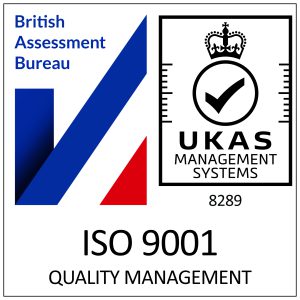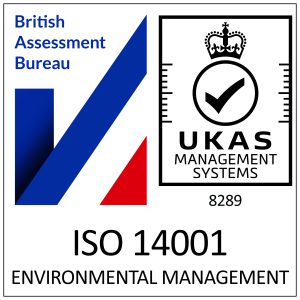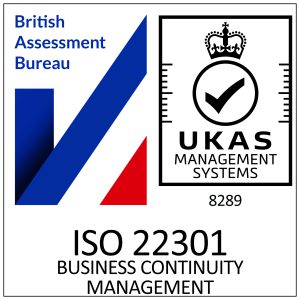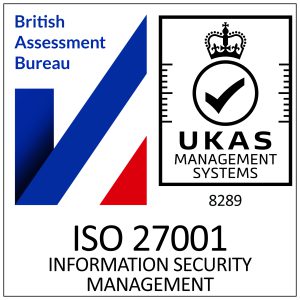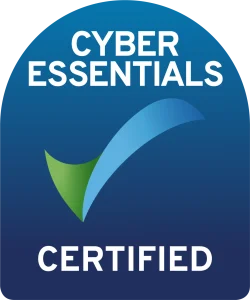What is a CRB Check?
What is a CRB Check?
The Criminal Records Bureau (CRB) in the UK carried out CRB checks to help employers make safer recruitment decisions by conducting background checks. These checks ensured that individuals applying for certain jobs did not have criminal records that made them unsuitable for those roles, particularly in positions involving vulnerable groups such as children or vulnerable adults.
In 2012, the CRB check transitioned to the Disclosure and Barring Service (DBS) check. However, many people still use the term “CRB check” when referring to background checks.
What is a CRB Check?
A CRB check served as a security measure to disclose an individual’s criminal history, helping employers determine if a person was fit to work in sensitive roles.
CRB Certificate
This certificate was provided upon completing the check and detailed any relevant criminal records found.
CRB Check Meaning
The CRB check’s purpose was to safeguard vulnerable populations by preventing individuals with certain criminal records from gaining employment in sensitive positions.
CRB Meaning
The acronym CRB stands for Criminal Records Bureau, the organisation responsible for conducting these checks before the establishment of the DBS.
The CRB helped employers vet potential employees for roles involving contact with vulnerable individuals. Although the CRB no longer exists, many still use the term “CRB check” to refer to what are now called DBS checks.
CRB vs DBS: What’s the Difference?
The term CRB check is still widely recognised, but it is important to understand the transition to DBS checks:
- CRB (Criminal Records Bureau):
The CRB originally conducted criminal record checks, including details of any convictions, cautions, warnings, and reprimands. The CRB also provided certificates to employers and employees after completing the check. - DBS (Disclosure and Barring Service):
The DBS took over from the CRB in 2012, combining the functions of the CRB and the Independent Safeguarding Authority (ISA). The DBS introduced additional layers of safeguarding, including barring individuals from certain roles if they were deemed unsuitable.
Why the Change?
The change streamlined the process and created a more comprehensive system for protecting vulnerable groups. The DBS provides criminal record checks and maintains barred lists to prevent individuals from working with vulnerable groups if necessary.
The Transition from CRB to DBS Checks
Understanding the transition from CRB checks to DBS checks is crucial for employers and individuals who need to navigate these processes:
- Why the Transition Happened:
The transition was part of the Protection of Freedoms Act 2012, which aimed to simplify the criminal record checking system and provide more robust protection for vulnerable groups. By merging the CRB with the ISA, the DBS provided a more integrated and efficient service. - Impact on Certificates:
CRB certificates issued before the transition are still valid, but any new checks are now conducted under the DBS system. - Language Usage:
Despite the change, many people continue to use the term “CRB check” out of habit, though it technically refers to the pre-2012 system.
This transition also introduced new features, such as the Update Service, which allows certificates to be kept up-to-date for a small annual fee, reducing the need for multiple checks.
Frequently Asked Questions (FAQs) About CRB Checks
- Can I still apply for a CRB check?
No, you can no longer apply for a CRB check, as the CRB was replaced by the DBS in 2012. Any background check you need will now be conducted under the DBS system.
- What does a CRB check show?
A CRB check showed an individual’s criminal record, including spent and unspent convictions, cautions, reprimands, and warnings. The DBS check now covers this same information.
- Is a CRB certificate still valid?
Yes, a CRB certificate issued before the transition to DBS is still valid. However, for any new or updated checks, you will need to apply through the DBS.
- How do I replace a lost CRB certificate?
If you have lost your CRB certificate, you cannot get a reprint since the CRB no longer exists. You need to undergo a new DBS check to receive an updated certificate.
- What is the difference between a standard and an enhanced CRB check?
Standard CRB checks included details of spent and unspent convictions, cautions, reprimands, and final warnings. Enhanced CRB checks provided additional information from local police forces relevant to the specific job role. These distinctions continue under the DBS system.
The term CRB check may be outdated, but its legacy continues under the modern DBS system. Understanding the history and transition from CRB to DBS checks helps clarify the process for those navigating background checks today. Whether you’re an employer ensuring compliance or an individual preparing for a role that requires a background check, knowing the ins and outs of CRB and DBS checks is essential. While the CRB may be a thing of the past, the principles of safeguarding and protecting vulnerable groups remain as important as ever.















